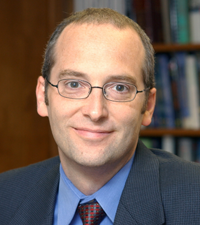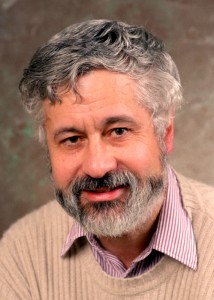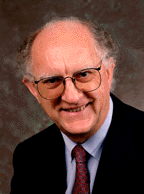Four Lawrence Berkeley National Laboratory (Berkeley Lab) researchers were elected members or foreign associates to the National Academy of Sciences (NAS), today. The four make up a class of 84 new members and 21 foreign associates this year. The election recognizes their distinguished careers and research achievements.
The NAS membership is one of the highest honors given to a scientist or engineer in the United States.
New members include John Bell, an applied mathematician and computational scientist who leads the Center for Computational Sciences and Engineering and the Mathematics and Computational Science Department at Berkeley Lab; John F. Hartwig, a senior faculty scientist in Berkeley Lab’s Chemical Sciences Division and the Henry Rapoport Chair in Organic Chemistry at UC Berkeley; and Bernard Sadoulet, an astrophysicist at Berkeley Lab and professor of physics at UC Berkeley.
John Clarke, a citizen of the United Kingdom, senior scientist at Berkeley Lab’s Materials Sciences Division and professor of physics at UC Berkeley, was elected a foreign associate.

John Bell
Bell is well known for his contributions in the areas of finite difference methods, numerical methods for low Mach number flows, adaptive mesh refinement, interface tracking, and parallel computing and the application of these numerical methods to problems from a broad range of fields including combustion, shock physics, seismology, flow in porous media, and astrophysics. He is the co-author of more than 160 research papers.

John Hartwig
Hartwig, who obtained his Ph.D. in chemistry from UC Berkeley in 1990, returned to the campus in 2011 as a professor of chemistry and a faculty scientist at Berkeley Lab. He conducts research on “transition” metals – rarely used elements such as palladium, rhenium and ruthenium – that have catalytic properties useful for synthesizing new chemicals.

Bernard Sadoulet

John Clarke
Clarke joined the UC Berkeley physics faculty in 1969 and is a member of Berkeley Lab’s materials science division. He is a pioneer in developing exquisitely sensitive detectors of magnetic fields, in particular SQUIDs, or superconducting quantum interference devices.
Those elected bring the total number of NAS active members to 2,152 and the total number of foreign associates to 430.